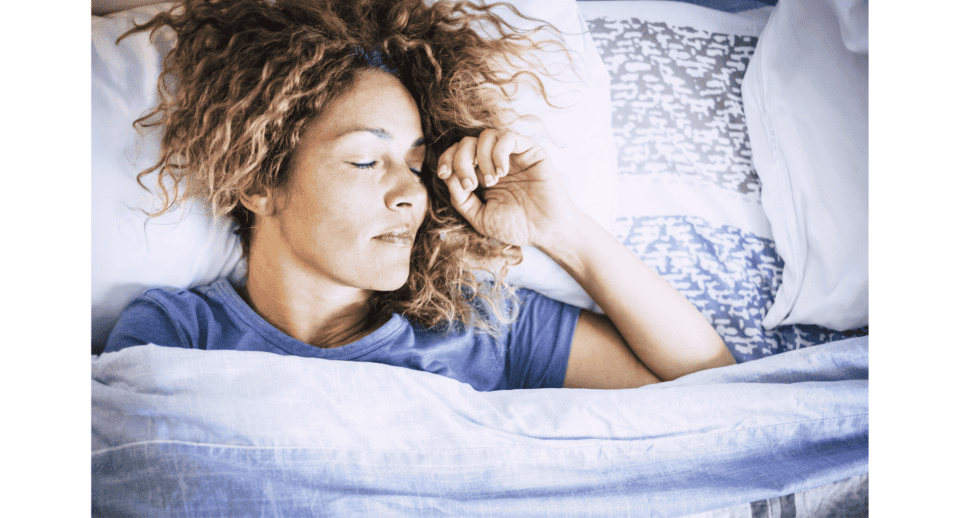When it comes to health, it’s all interconnected. One connection you might not know about is the relationship between sleep apnea and hearing loss. In fact, addressing one concern can positively impact the other, boosting your overall health and well-being.
Understanding Sleep Apnea and Its Impact on Health
Sleep apnea is a sleep disorder characterized by pauses in breathing during sleep. These interruptions, known as apneas, can occur multiple times throughout the night, leading to fragmented sleep and a range of health consequences. There are three main types of sleep apnea:
- Obstructive Sleep Apnea (OSA): The most common type, OSA occurs when the muscles at the back of the throat relax excessively, causing a temporary blockage of the airway.
- Central Sleep Apnea: Less common, central sleep apnea happens when the brain does not send the appropriate signals to the muscles responsible for breathing.
- Complex or Mixed Sleep Apnea: This condition involves a combination of both obstructive and central sleep apnea.
The Link Between Sleep Apnea and Hearing Loss
Here’s how sleep apnea can impact your hearing health:
- Reduced Blood Flow: Sleep apnea has been associated with reduced blood flow, including blood flow to the delicate structures of the inner ear. This diminished blood supply can contribute to damage to the auditory system, leading to hearing impairment.
- Oxygen Deprivation: During apneas, oxygen levels in the body drop, a condition known as hypoxemia. Prolonged periods of oxygen deprivation can negatively impact the cochlea and other auditory structures, increasing the risk of hearing loss.
- Inflammation and Neural Damage: Chronic inflammation, a common consequence of sleep apnea, can extend to the auditory nerve and other neural pathways related to hearing. This inflammation and neural damage may contribute to the development or progression of hearing loss.
- Shared Risk Factors: Sleep apnea and hearing loss also share common risk factors such as age, obesity, and cardiovascular issues. These overlapping factors may contribute to the association between the two conditions.
Treating Hearing Loss in the Context of Sleep Apnea
When it comes to treating hearing loss and sleep apnea, there are a few things you can do to boost your overall health:
- Continuous Positive Airway Pressure (CPAP) Therapy: CPAP therapy is a standard treatment for sleep apnea that involves the use of a CPAP machine. This machine delivers a continuous stream of air through a face mask, preventing airway collapse and ensuring uninterrupted breathing. Improved oxygen levels can positively impact hearing health.
- Positional Therapy: For individuals with positional sleep apnea, changing sleeping positions may help alleviate symptoms. This can be achieved through positional therapy devices or techniques to encourage sleeping in a position that reduces airway obstruction.
- Lifestyle Modifications: Adopting a healthy lifestyle can have a positive impact on both sleep apnea and hearing health. This includes maintaining a balanced diet, engaging in regular physical activity, managing stress, and avoiding tobacco and excessive alcohol consumption.
- Hearing Aids: For individuals with hearing loss related to sleep apnea, hearing aids can be a valuable intervention. Hearing aids amplify sounds and improve overall auditory perception, addressing the impact of both reduced blood flow and neural damage on hearing.
- Treatment for Underlying Conditions: Addressing underlying conditions contributing to both sleep apnea and hearing loss is also crucial. For example, managing cardiovascular issues or diabetes can positively impact both conditions.
- Consultation with Healthcare Professionals: Seeking guidance from healthcare professionals is essential for developing a comprehensive treatment plan. Hearing health specialists, sleep specialists, and other healthcare providers can collaborate to address the unique needs of those experiencing both sleep apnea and hearing loss.
A Holistic Approach to Health
The link between sleep apnea and hearing loss underscores the connections within the human body. As we strive to enhance our understanding of these relationships, a holistic approach to health emerges—one that recognizes the interplay of various factors influencing our well-being.
Addressing sleep apnea through effective treatments not only improves sleep quality but also has the potential to positively impact hearing health. By exploring treatment options such as CPAP therapy, lifestyle modifications, and hearing aids, individuals can embark on a journey toward better sleep and clearer hearing.
If you’re ready to learn more about your hearing health, book a hearing test.

